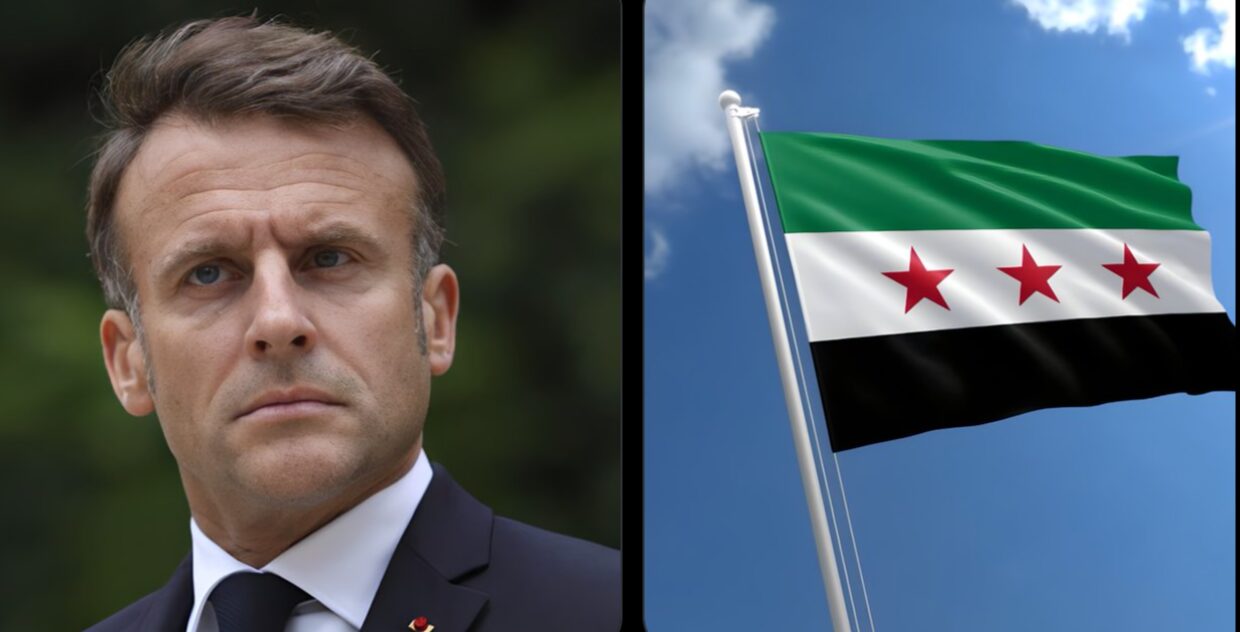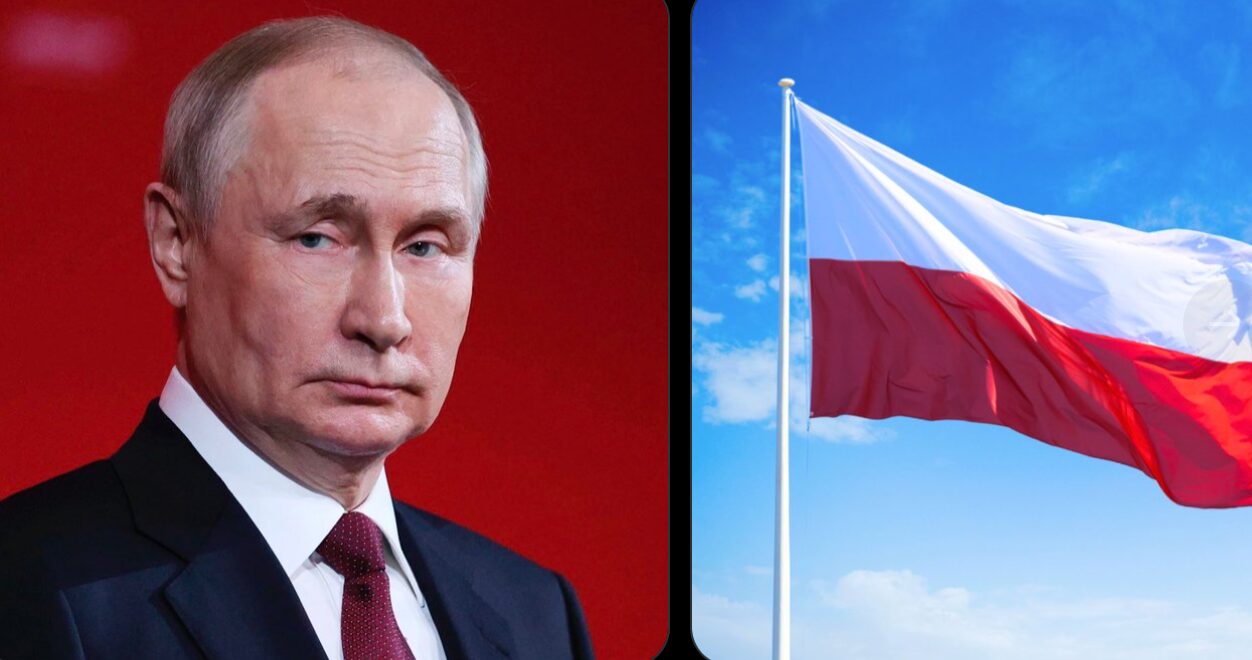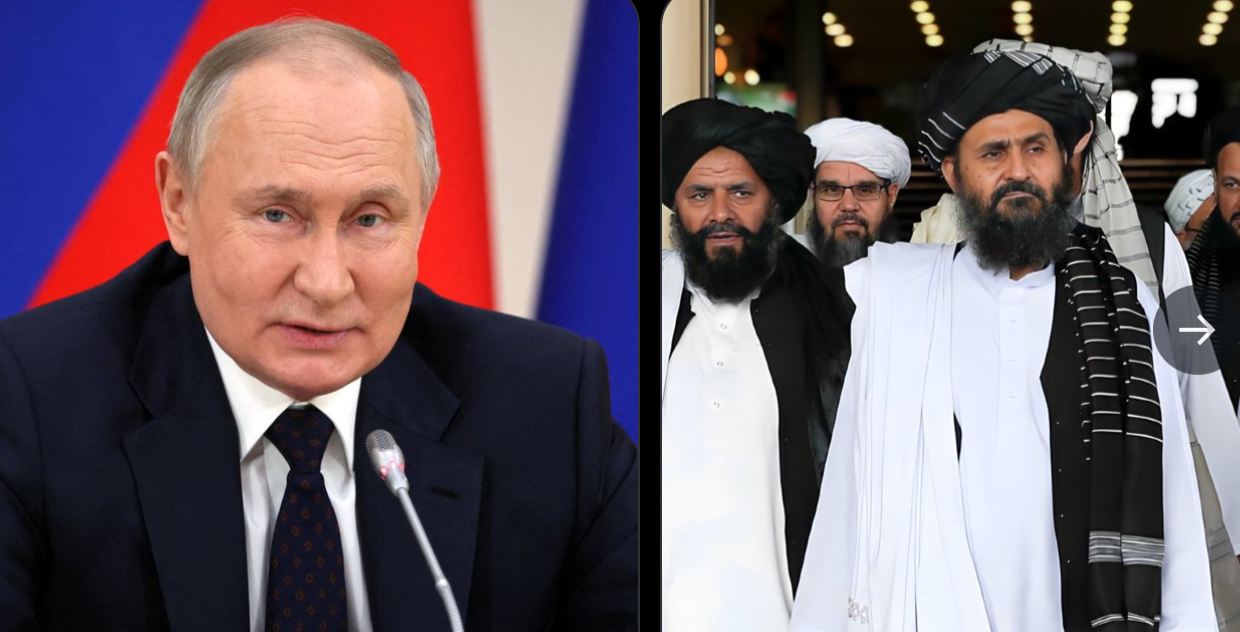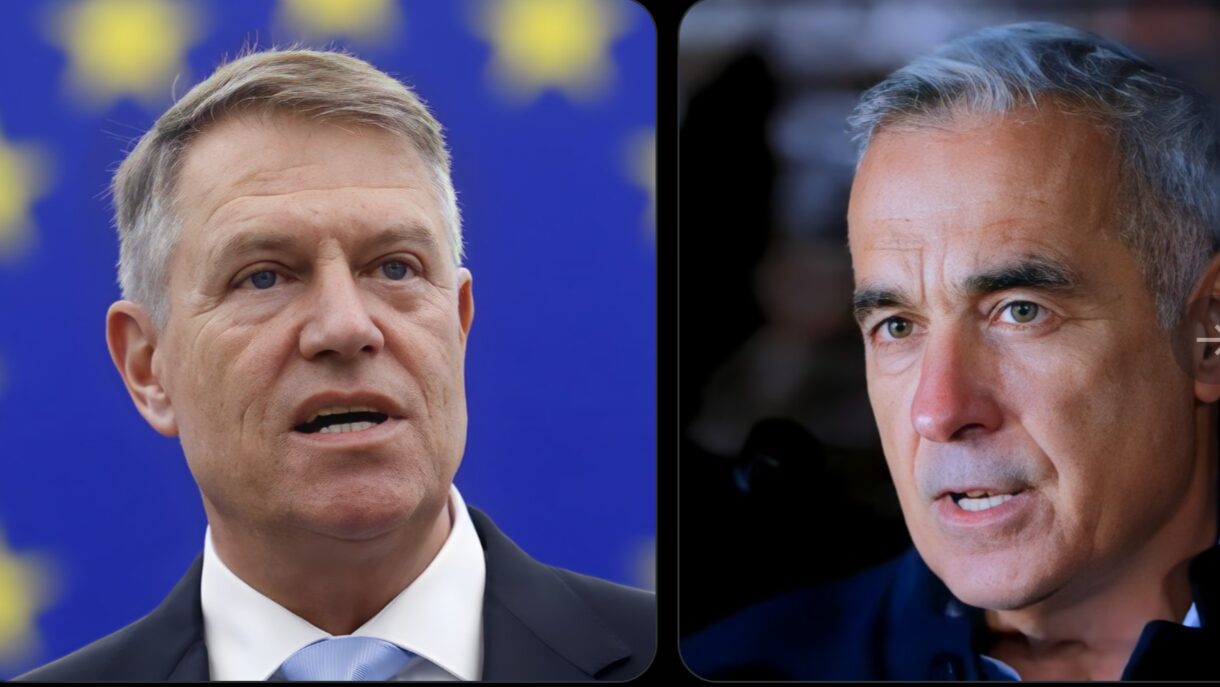TRUMP REFUSES to fund RECONSTRUCTION of UKRAINE
In a bold move that has sparked widespread debate, former President Donald Trump has announced that he will not support the reconstruction of Ukraine, a country devastated by ongoing conflict with Russia. His stance comes amid growing international pressure to provide financial aid and support for Ukraine’s rebuilding efforts, but Trump has made it clear that he believes the United States should not be responsible for funding such an endeavor. This article explores the reasons behind Trump’s refusal, the implications for Ukraine and global politics, and the broader context of U.S. foreign aid.
Trump’s Stance on U.S. Foreign Aid
Donald Trump’s foreign policy approach has consistently focused on prioritizing American interests above all else, with a particular emphasis on reducing U.S. involvement in overseas conflicts and foreign aid expenditures. His “America First” doctrine, which dominated his presidency, called for a reevaluation of U.S. commitments to international causes that he believed did not directly benefit the United States.
Trump’s refusal to fund the reconstruction of Ukraine aligns with this broader philosophy. He has repeatedly criticized U.S. foreign aid, arguing that American taxpayers should not be burdened with financing projects in other countries, particularly those that do not have a clear benefit to U.S. security or economic interests. In his view, U.S. funds should be directed toward domestic issues such as infrastructure, healthcare, and job creation, rather than the reconstruction of foreign nations.
The Need for Ukraine’s Reconstruction
Ukraine, a country that has been ravaged by war since Russia’s invasion in 2022, faces an enormous task of rebuilding its cities, infrastructure, and economy. The war has left Ukraine with significant damage to its infrastructure, including residential buildings, transportation networks, and critical facilities like hospitals and schools. In addition to physical reconstruction, the country faces the immense challenge of healing a war-torn population and fostering economic stability.
International organizations, including the European Union and the United States, have pledged billions of dollars in aid to support Ukraine’s recovery. However, these funds are not always guaranteed, and there is ongoing debate about how best to balance immediate military assistance with long-term reconstruction support. Ukraine’s leaders, as well as many world leaders, have made it clear that securing financial support for rebuilding the nation is a key priority, with the hope that international partners will continue to step up to provide the necessary funding.
Trump’s Criticism of Foreign Aid to Ukraine
Trump has been an outspoken critic of U.S. aid to Ukraine, particularly when it comes to the issue of funding the country’s reconstruction. His objections are rooted in his broader stance against what he sees as unchecked foreign spending. Trump has often questioned the effectiveness of foreign aid, arguing that the U.S. should not be sending large amounts of money to other nations without clear accountability or a direct return on investment for American taxpayers.
In statements made during interviews and speeches, Trump has suggested that Europe, particularly EU countries, should be taking on a larger share of the financial burden for Ukraine’s reconstruction. He argues that Europe is geographically closer to Ukraine and has more to lose in terms of regional stability, and therefore, it should be the primary source of funding for Ukraine’s recovery. Trump has also pointed out that the U.S. has already provided significant military and economic support to Ukraine, and that further financial contributions should come from other global players.
Global Reactions to Trump’s Refusal
Trump’s refusal to fund Ukraine’s reconstruction has sparked mixed reactions from world leaders, political analysts, and the public. Supporters of his position argue that the U.S. should not be expected to shoulder the full financial burden of rebuilding a foreign country, especially when it has already provided substantial military aid and humanitarian support. They believe that the U.S. should focus on domestic priorities and let other nations take the lead in supporting Ukraine.
On the other hand, critics argue that Trump’s stance could undermine global solidarity in the face of Russia’s aggression. Many believe that the United States, as a leading global power, has a responsibility to support Ukraine in its recovery efforts, particularly given the U.S.’s role in supporting Ukraine’s defense against Russia. Critics also warn that abandoning Ukraine at this critical juncture could have long-term consequences for global security and U.S. influence on the world stage.
European leaders, in particular, have expressed concerns that Trump’s refusal to fund Ukraine’s reconstruction could create divisions within the international community. While many European countries have already committed significant financial resources to Ukraine’s rebuilding efforts, they may struggle to carry the full burden without the support of the U.S. As the war drags on, the need for comprehensive international collaboration becomes even more urgent.
The Implications for U.S.-Ukraine Relations
Trump’s position on Ukraine’s reconstruction also has potential implications for U.S.-Ukraine relations. While Ukraine has consistently expressed gratitude for U.S. military assistance, especially the advanced weapons systems and financial support that have helped Ukraine resist Russian forces, Trump’s stance on reconstruction could strain the relationship in the future.
Ukraine’s leadership, particularly President Volodymyr Zelensky, has been vocal in seeking international support for the country’s recovery. While Zelensky has acknowledged that Ukraine must rebuild itself, he has also called for significant international financial contributions. Trump’s refusal to help fund this reconstruction effort could complicate future diplomatic efforts between the two nations, especially if Trump were to return to the presidency.
Moreover, if Ukraine’s reconstruction becomes a source of tension in U.S.-Ukraine relations, it could have broader consequences for the geopolitics of Eastern Europe. The U.S. and NATO have been crucial partners for Ukraine in its ongoing conflict with Russia, and any deterioration in that relationship could give Russia an opportunity to exploit divisions within the West.
In Conclusion
Donald Trump’s refusal to fund the reconstruction of Ukraine reflects his long-standing opposition to foreign aid and his belief that the U.S. should prioritize domestic concerns. While his position resonates with a segment of the American public that feels the country has been overextended in international conflicts, it also raises questions about the long-term implications for global stability and U.S. leadership on the world stage.
As Ukraine continues to rebuild from the devastation of war, the question of who will fund its recovery remains a critical issue, with Trump’s stance adding a layer of complexity to an already difficult situation. Whether other nations will step up to fill the gap left by the U.S. remains to be seen, but Ukraine’s future will depend on continued international support, both for its military defense and its eventual reconstruction.

















Post Comment